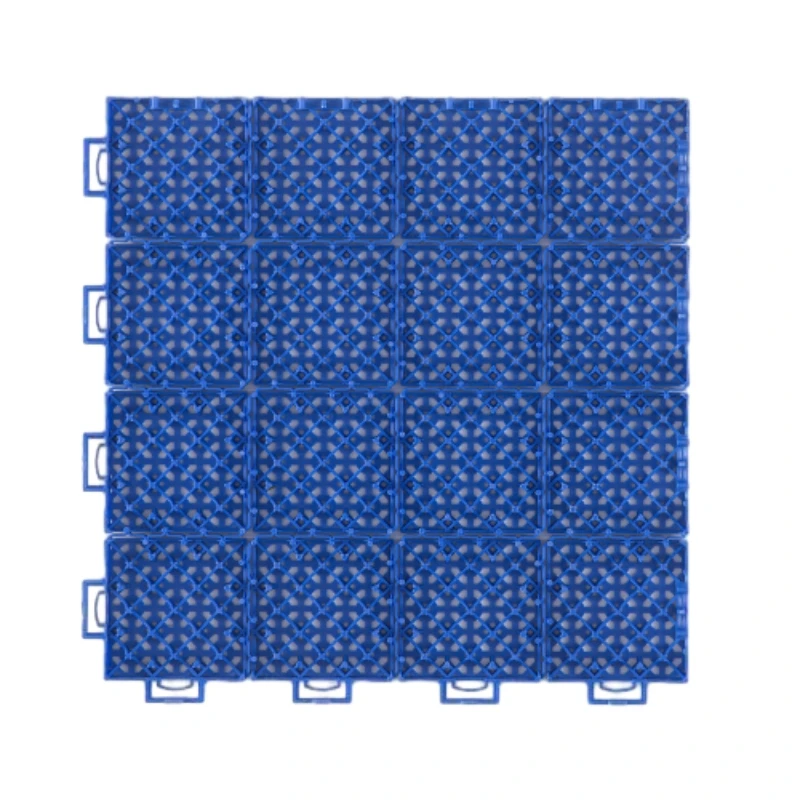A Guide to Various Commercial Flooring Options Available Today
Exploring Commercial Flooring Types
When it comes to creating a functional and aesthetically pleasing environment in commercial spaces, selecting the right flooring type is crucial. Different commercial flooring types offer unique benefits, making them suitable for various business needs and settings. This article explores the most popular types of commercial flooring, highlighting their advantages and ideal applications.
1. Carpet Tiles
Carpet tiles are a versatile flooring option often chosen for offices, educational institutions, and hospitality environments. These tiles are easy to install and replace, making them highly practical for busy commercial spaces. They provide excellent sound absorption, which is vital in bustling environments. Additionally, carpet tiles come in various colors and patterns, allowing businesses to create a unique look that aligns with their branding. Despite their many benefits, maintenance is key; regular vacuuming and occasional deep cleaning can prolong their lifespan.
2. Vinyl Flooring
Vinyl flooring has grown in popularity due to its durability and low maintenance requirements. It is highly resistant to scratches and moisture, making it an ideal choice for areas prone to spills, such as restaurants and retail spaces. Available in sheets, tiles, and planks, vinyl flooring can mimic the appearance of natural materials like wood and stone at a fraction of the cost. This versatility allows businesses to achieve a high-end look without breaking the bank. Furthermore, modern vinyl products often include built-in underlayment, adding comfort and noise reduction.
Laminate flooring is another cost-effective alternative that combines durability with aesthetic appeal. Made from composite wood materials topped with a photographic layer that mimics natural wood, laminate is resistant to scratches and stains. It's an ideal choice for retail stores, offices, and even healthcare facilities due to its easy maintenance and resilience. However, it’s worth noting that laminate surfaces can be damaged by excessive moisture, so it may not be suitable for all environments.
commercial flooring types

4. Tile Flooring
Ceramic and porcelain tiles are classic flooring options that offer excellent durability and resistance to moisture, making them perfect for high-traffic areas and settings like restaurants and bathrooms. Available in a myriad of colors, sizes, and patterns, tiles can be configured in creative ways to enhance the aesthetic of a commercial space. Additionally, tiled floors can be easy to clean and maintain, as spills can be wiped away easily. The main drawback is the coldness underfoot and the potential for slipping if not carefully designed with adequate textures.
5. Concrete Flooring
Polished concrete has become increasingly popular in modern commercial design, particularly in warehouses, retail spaces, and restaurants. Its durability and low maintenance make it an appealing options for high-traffic areas. Concrete flooring can also be stained or polished to achieve different looks, providing versatility in style. However, it can be hard and cold underfoot, and without proper treatment, it may be prone to cracking over time.
6. Rubber Flooring
Rubber flooring is an excellent choice for environments where safety and comfort are priorities, such as gyms, schools, and healthcare facilities. It offers a non-slip surface and is often available in various colors and patterns. Rubber flooring is also resilient, absorbing impacts and providing cushioning for areas where people stand for long periods. Its easy maintenance further enhances its appeal in commercial settings.
Conclusion
When choosing commercial flooring, businesses must consider factors such as durability, maintenance, aesthetic appeal, and the specific needs of their environment. Each flooring type has its strengths and weaknesses, and the ideal choice will ultimately depend on the unique requirements of the space. By understanding the various commercial flooring types available, businesses can make informed decisions that enhance their functionality, safety, and overall appearance.
-
Commercial Parquet Flooring: Considerations of Aesthetics, Practicality, And SustainabilityNewsApr.15,2025
-
PVC Sports Flooring: Performance, Applications, And Development TrendsNewsApr.15,2025
-
PP Interlocking Floor: a Paving Solution That Combines Functionality and SustainabilityNewsApr.15,2025
-
Plastic Flooring Tiles Outdoor: Practicality, Sustainability, And Development ProspectsNewsApr.15,2025
-
On the Application of PVC Flooring for Badminton Court in Badminton VenuesNewsApr.15,2025
-
Commercial Wood Flooring: the Balance Between Aesthetics, Functionality, And SustainabilityNewsApr.15,2025
-
The Ultimate Guide to Futsal FlooringNewsMar.27,2025

